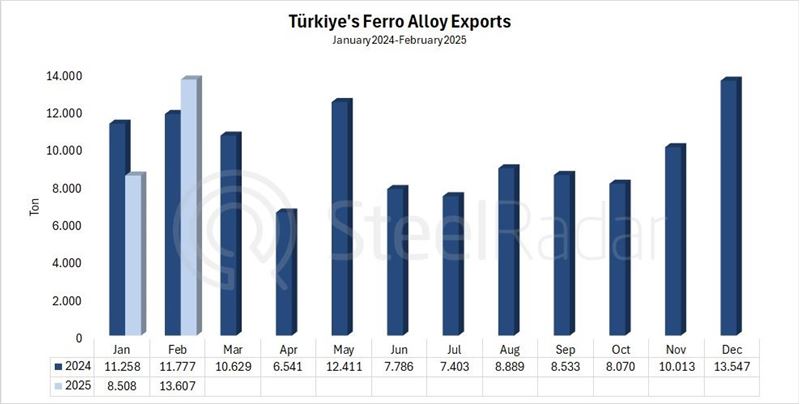Indonesia needs to develop an energy transition plan and introduce a financing program to reduce its reliance on coal power and carbon emissions, according to Indonesian think tank IESR. The country's largest coal producer has set a target of achieving net zero by 2060, but Jakarta has not yet published a comprehensive action plan. The private sector needs clarity on government plans and financial support to transition to renewable energy. IESR works closely with the Indonesian energy ministry on policy matters.
Incentives for investment in greenfield renewable energy projects include tax holidays, preferential interest rates on loans, and other financial or regulatory benefits. International programs like the $20bn Just Energy Transition Partnership and the Asian Development Bank's Energy Transition Mechanism can be used as financing models. Indonesia aims to increase renewable energy share in overall generation to 34pc by 2030 and 100pc by 2060. The country will need up to $1 trillion to retire all Indonesian coal plants by 2058.
A social and economic development-linked plan is needed to achieve the energy transition goal. Jakarta should review existing policies and regulations to simplify its broader energy transition agenda and bolster the business climate towards energy transition. Policies should set ambitious renewable energy targets and mitigate risks involved in the renewable energy sector. Access to transparent renewable energy data would benefit all stakeholders.











Comments
No comment yet.